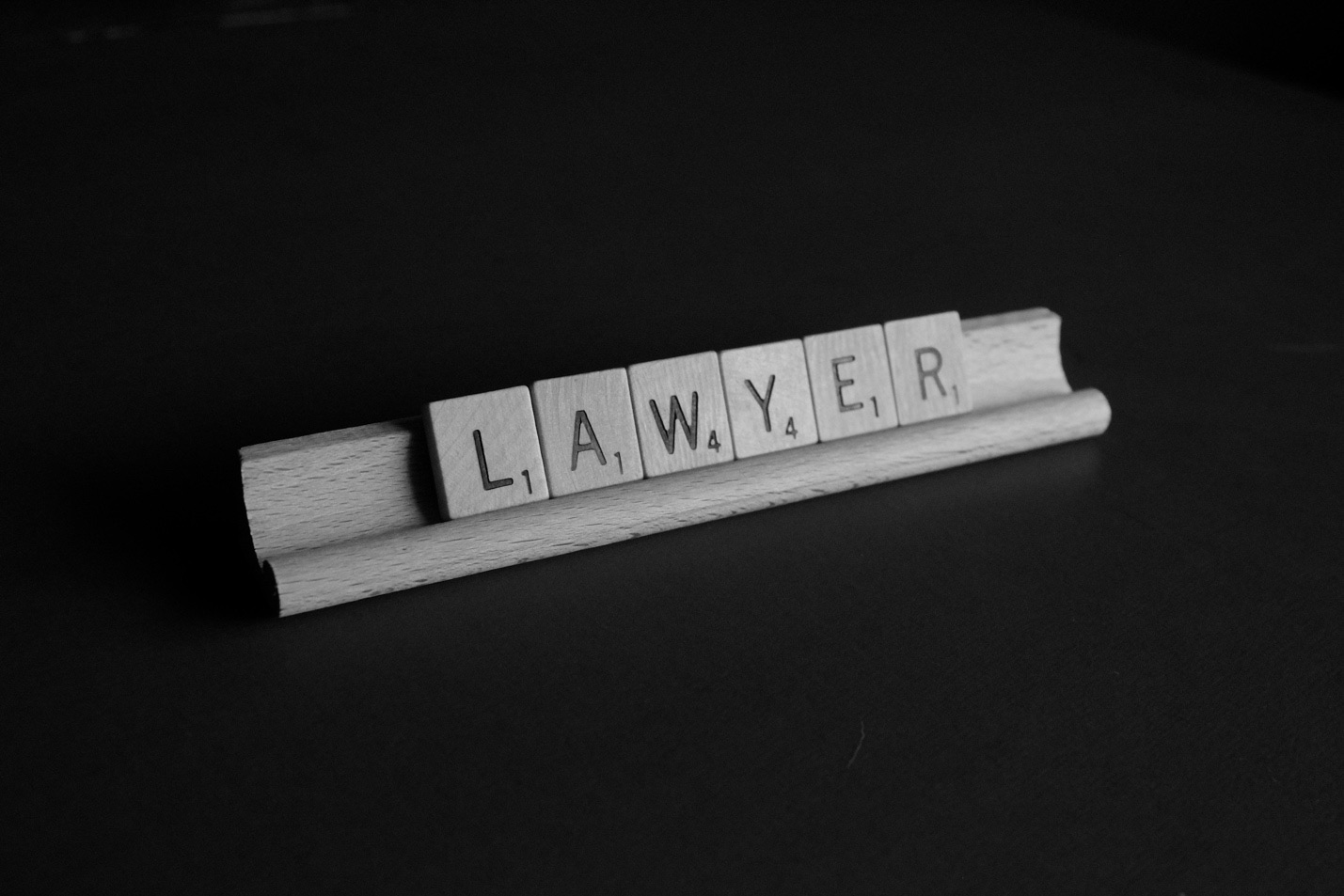
A written separation agreement is a contract between a married couple which grants each spouse the legal right to physically live apart from the other spouse. Separation agreements also resolve other matters between a couple, such as the division of property and allocation of debts, spousal support, child support, and parenting matters including custody, primary residence of children and access rights.
After living apart for at least one year, post separation agreement, either party may commence an action for divorce based upon this non-fault ground of divorce. A judgment of divorce is not automatic. The person filing for divorce must allege he or she has substantially complied with the terms of the separation agreement. If challenged and proven that there was not substantial compliance, the divorce action could be dismissed and the couple would remain married. However, as a practical matter, the person seeking the divorce could substantially comply and the other person could withdraw their challenge.
A person could also become legally separated by obtaining a judgment of separation which, if granted, could later be used to obtain a non-fault divorce. However, few people proceed this way because the court would not be able to determine equitable distribution—the division of marital property and allocation of debt.
Divorce
In New York State, in addition to the non-fault ground of a separation agreement to obtain a divorce, there are also no-fault and fault grounds.
"No-fault" divorce
The “no-fault” ground to obtain a divorce is the irretrievable breakdown in the marriage for a period of at least six months. In this instance, the divorce is “no-fault” because the issue is not who is the cause of the irretrievable breakdown, but only that there has been an irretrievable breakdown.
Fault grounds for a divorce
There are also “fault” grounds for divorce which assign blame for the marriage breakdown on one party. Examples of a "fault" ground a party could prove include:
• cruel and inhuman treatment
• abandonment or constructive abandonment for at least one year
• adultery
• imprisonment for a period of three or more years
Just because there may be a ground or grounds for divorce, it does not necessarily mean that one should seek a divorce or seek a divorce right away. There may be other considerations including financial decisions, social security benefits, or the need to maintain health insurance as to why it might be in a person’s best interests to wait or not to consent to a divorce when that is possible.
Divorce litigation can be extremely hazardous and expensive - more so when there are contested issues. That is why, with the assistance of experienced attorneys, parties can reach a comprehensive agreement without the need for litigation. Such an agreement can be structured either as a separation agreement or as a settlement agreement that provides for the parties obtaining a divorce without having to wait a year as in the case of a separation agreement.
In order to steer clear of the many pitfalls in the divorce and family law system, the prospective divorce litigant is well advised to become as knowledgeable as possible about the process before making that leap.
The questions often asked by prospective divorce clients are what are the "costs of divorce" or "how long might this process take". While important, these questions are akin to putting the cart before the horse because the lawyer you select directly influences the answers to these questions.

Therefore, selecting the right law lawyer is an important part of the process. Before retaining a divorce and family law attorney, be sure to get answers to whether the attorney has the requisite knowledge, experience, and skills to suitably answer these questions:
• Will the attorney provide an honest and realistic assessment of one’s case?
• Will the attorney be someone who listens to what the person’s expectations and goals are?
• Will the attorney have the patience to explain matters in a clear and comprehensible way?
• How is the attorney regarded among his or her peers?
• How is the attorney regarded by those he or she has served—is the attorney willing and able to provide references from former clients?
• Has the attorney explained that there are several ways of resolving marital disputes, and addressed which of these ways might be the best approach in a particular situation?
• Is the attorney willing to negotiate their retainer agreement to make it fairer for the client?
I believe it is best for clients and their family when the heartache of divorce is not made worse through overly costly and needlessly litigious procedures. I also believe it is in your interests to preserve family assets for you and your family instead of enriching your lawyer's family. Contact me for a consultation about the options available as you consider divorce or separation.
